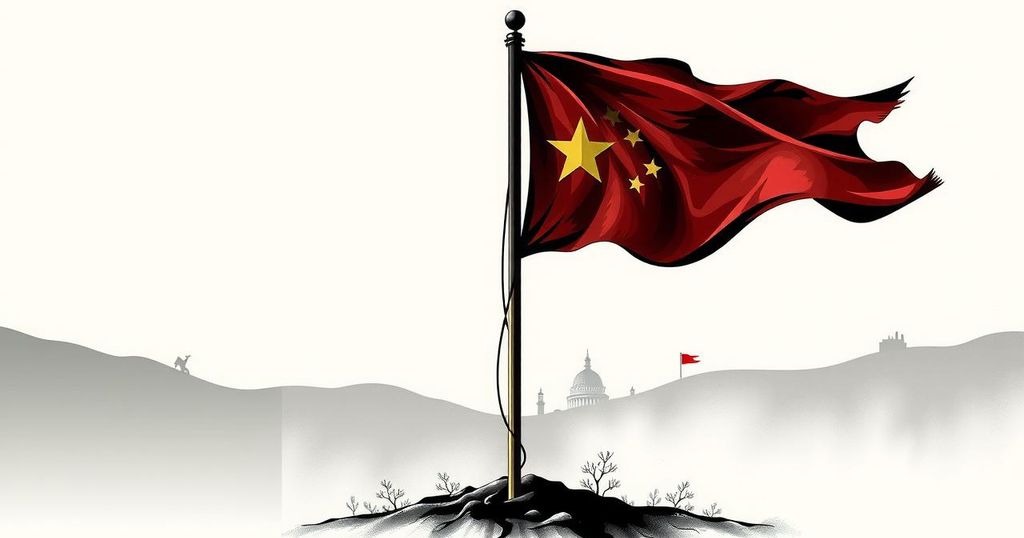Kosovo PM Albin Kurti Achieves Election Victory Amid Tensions with Western Allies

Albin Kurti’s Self-Determination party won Kosovo’s election with 39.8 percent of the vote, risking renewed confrontations with the U.S. and EU over Serb minority treatment. The Democratic Party of Kosovo followed with 21.8 percent, while the Democratic League received 18.1 percent. LDK’s leader shared the results post a Central Election Commission website outage.
Prime Minister Albin Kurti’s leftist-populist Self-Determination party has achieved a significant electoral victory in Kosovo, garnering 39.8 percent of the votes in the recent election. While the election results are unofficial, they indicate a potential escalation of tensions with the United States and the European Union, particularly concerning the treatment of the Serb minority within Kosovo. The right-wing Democratic Party of Kosovo secured second place with 21.8 percent, followed by the center-right Democratic League with 18.1 percent, and the leftist-nationalist coalition AAK-Nisma at 7.6 percent. These outcomes were disclosed at a press conference led by LDK leader Lumir Abdixhiku after a delay due to a website outage at the Central Election Commission.
Kosovo has faced longstanding challenges regarding ethnic divisions, particularly between the Albanian majority and Serb minority populations. The Self-Determination party, led by Albin Kurti, has advocated for policies perceived as increasingly nationalistic. Following previous conflicts and tensions with the EU and the U.S., the electoral results suggest a potential hardening of Kurti’s stance on governance and minority rights, raising concerns among international stakeholders.
The election of Albin Kurti’s Self-Determination party marks a pivotal moment for Kosovo’s political landscape, heralding a return to potential confrontations with Western powers over the treatment of ethnic minorities. The outcomes reflect a significant shift in voter support amid ongoing ethnic tensions, thus signaling challenges ahead not only for Kosovo’s internal policies but also its international relationships.
Original Source: www.politico.eu








